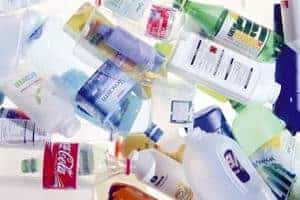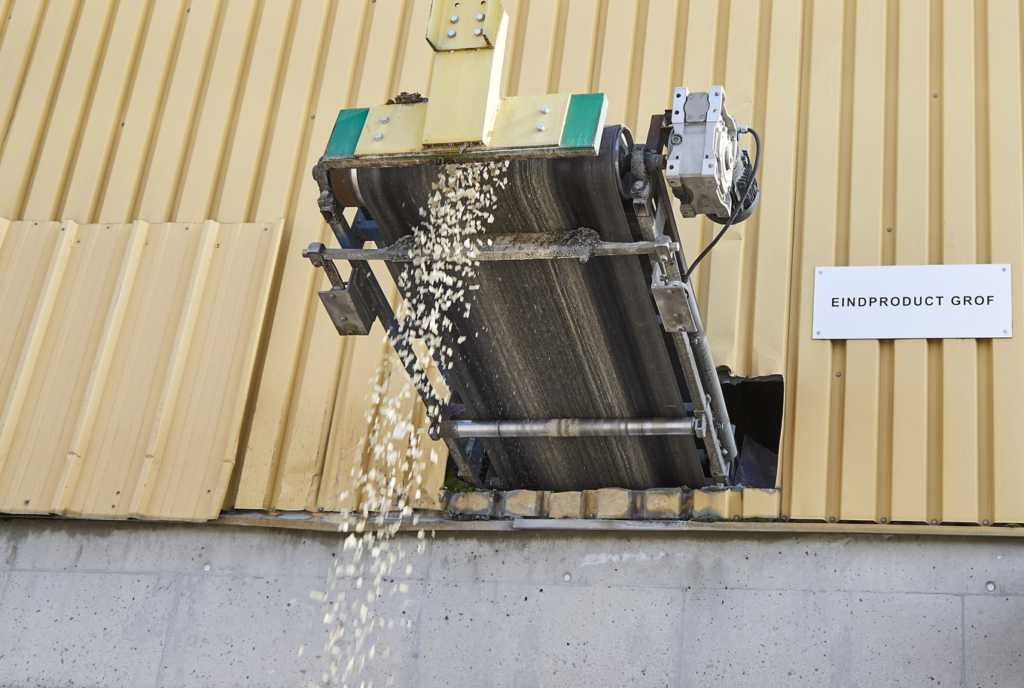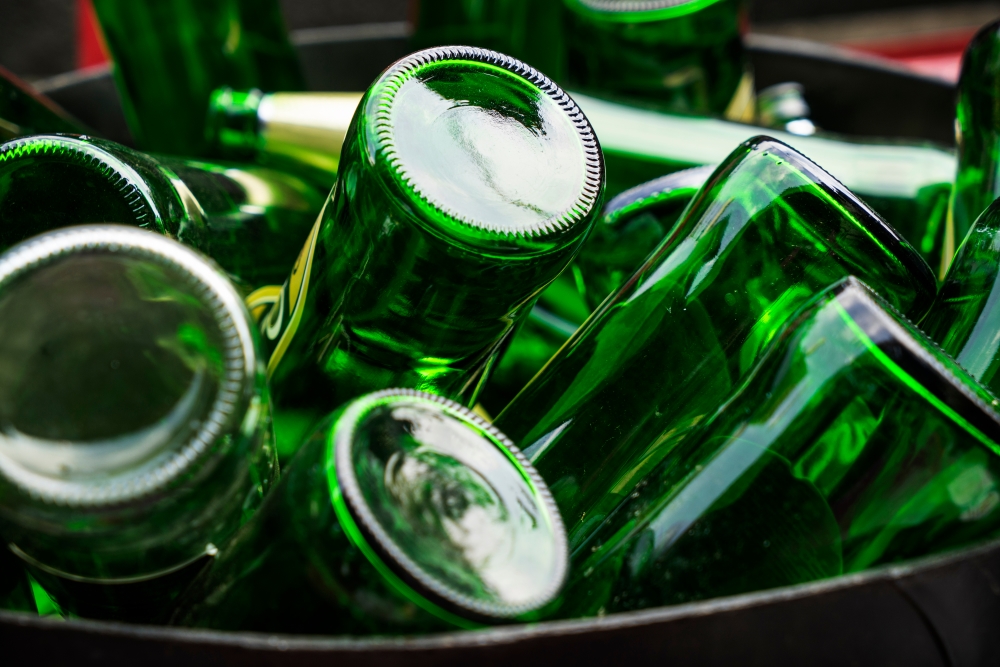The Department has put plans forward to substantially lower the target for plastics packaging from next year with potential for the target to be dropped to 48% or 49%.

Three options have been outlined, which include leaving the target at its current level for 2016 reducing the target to 48% for the year and then increasing by 1% yearly until the end of the decade, or dropping the target to 49% with yearly annual increases of 2%.
Defra is also asking for views on proposals for the future of the glass packaging target until 2020. These include options for the target to remain at its current level of 77% until the end of the decade, or yearly annual increases of the target of 1% up to 2020.
Targets
The targets are a key lever under the Producer Responsibility Obligations (Packaging Waste) Regulations that are designed to ensure that manufacturers of packaging materials fund the recycling of their products at the end of life.
Packaging producers meet their obligations by paying for packaging recovery notes (PRNs) which are issued by reprocessors or exporters of waste material.
Targets for the recycling of packaging waste were set in 2011, but concerns were immediately raised over the level of the plastics target, which it was claimed had been unachievable for the plastics sector.
In recent months plastic packaging recovery notes (PRNs) have shot up in price to as much as £75-per-tonne as packaging producers sought to secure sufficient volumes of material to meet their packaging recycling targets.
Volume
The ‘Plastics Flow 2014’ report, published last year also claimed that baseline data used by Defra to measure the UK’s progress to meeting its EU packaging targets is incorrect. It has therefore been suggested that the high plastics target is putting unnecessary cost burden on producers, who are already meeting their overall targets.
On glass, Defra had previously amended the 2016 target down from 81%, following similar overestimates of the amount of glass placed onto the market.
Commenting on the proposals today, a Defra spokesperson said: “Making the best use of our resources is vital to creating a healthy environment and a resilient economy.
“We are consulting on options that will help reduce burdens on industry by providing more time to adapt and invest, while maintaining our commitment to recycling more plastic.”
The Department is asking for views on the proposals by 23 December 2015.






Subscribe for free